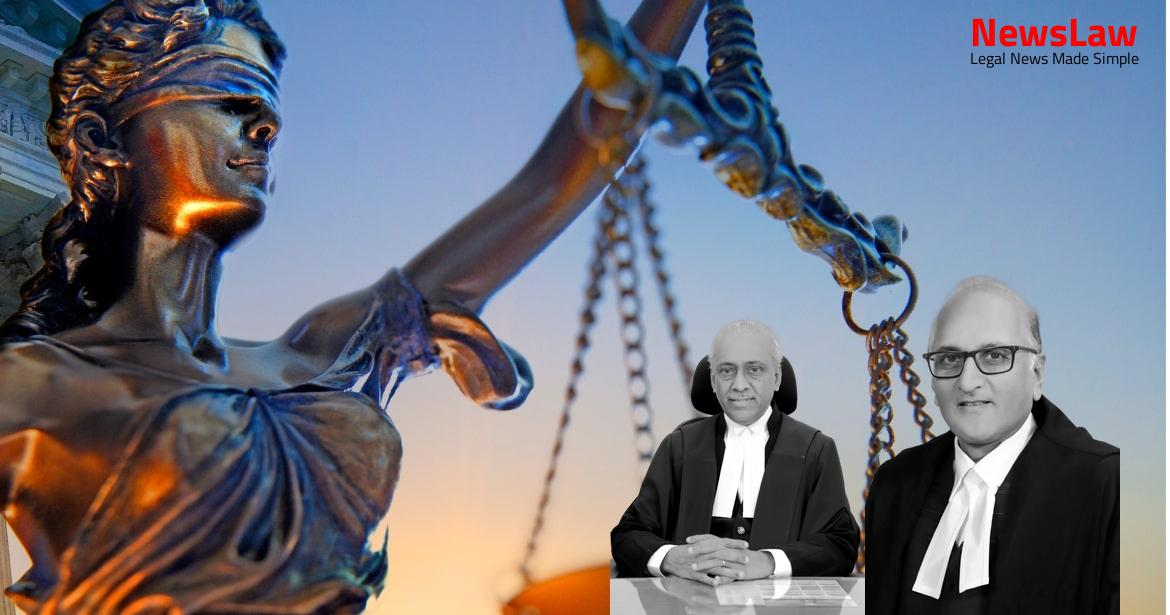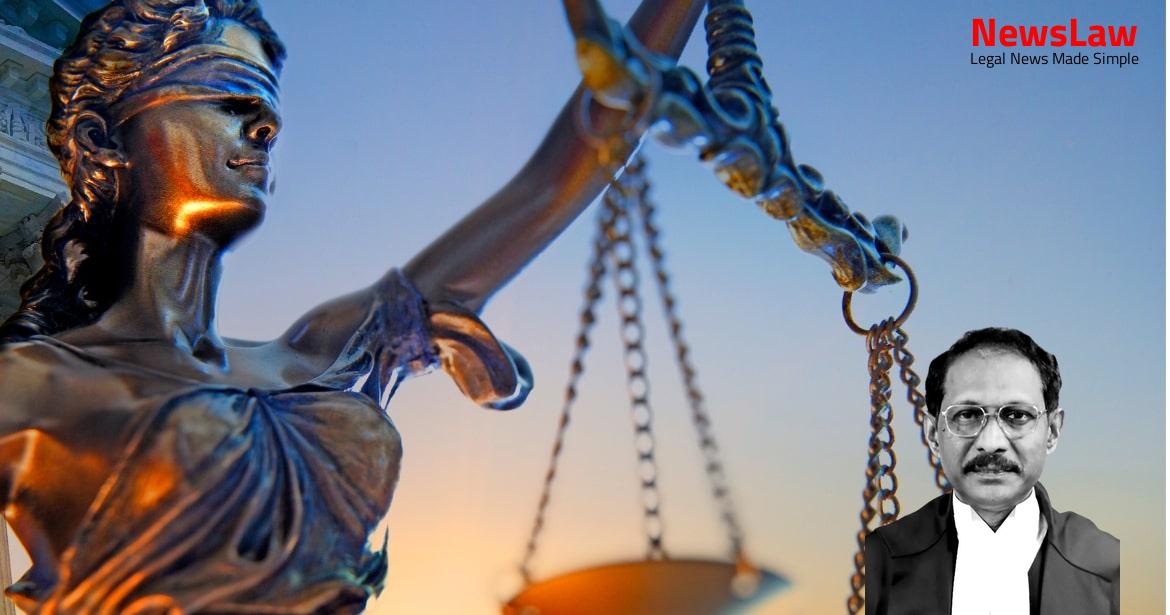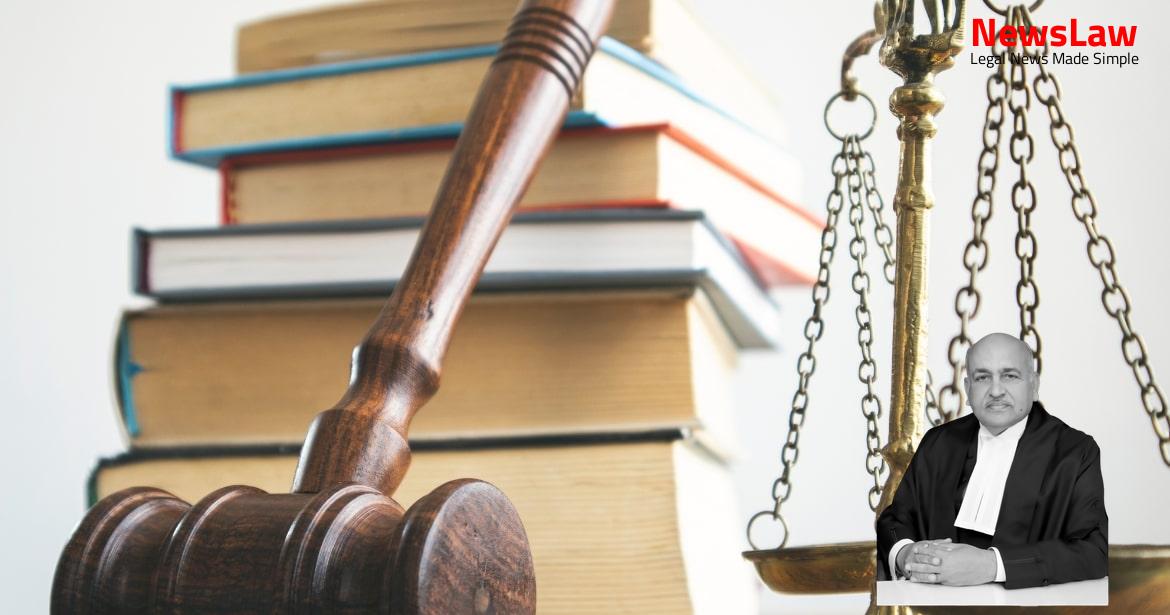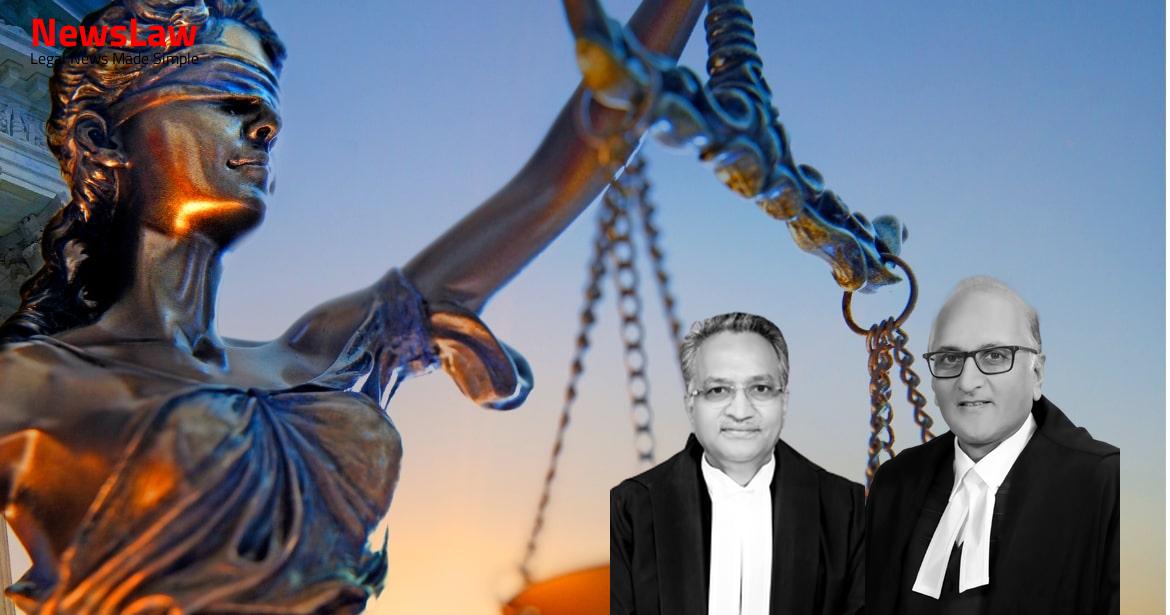Delve into the crucial legal analysis conducted by the court on the admissibility of electronic evidence. The focus is on the interpretation and application of Section 65B of the Evidence Act, emphasizing the conditions for electronic records’ admissibility and the role of certification. The court’s detailed examination sheds light on the requirements, distinctions, and implications of electronic evidence in legal proceedings.
Facts
- Two election petitions were filed challenging the election of Shri Arjun Panditrao Khotkar to the Maharashtra State Legislative Assembly.
- The margin of victory for the RC was narrow, with the RC securing 45,078 votes and the nearest candidate securing 44,782 votes.
- The case revolved around four sets of nomination papers filed by the RC, which were challenged by the Respondents.
- The nomination papers were alleged to have been filed after the stipulated time, rendering them improper according to the Respondents.
- The Respondents sought to rely on video-camera arrangements made inside and outside the office of the RO to support their submission.
- A Division Bench judgment in SLP (Crl.) No. 9431 of 2011 reported as Shafhi Mohammad v. State of Himachal Pradesh may need reconsideration by a Bench of a larger strength.
- Allegations and counter allegations were made regarding the time at which the nomination forms were given to the RO, with videography available.
- The High Court, by its order dated 16.03.2016, directed the Election Commission and concerned officers to produce the entire record of the election of this Constituency, including the original video recordings.
Also Read: Legal Analysis on Physical Ability in Rape Case
Issue
- The issue raised on behalf of the petitioners is whether evidence, particularly in the form of a document not produced along with the charge-sheet, can be produced subsequently.
- The answer to the question is in the negative, as it is a well-settled legal position that such evidence can be produced later on.
- The goal of a criminal trial is to discover the truth, and to achieve this, the best possible evidence should be brought on record.
Also Read: Legal Analysis on Admissions and Document Consideration in Insolvency Case
Arguments
- Ms. Arora argued that Section 65B is a procedural provision and the absence of a certificate should not result in the denial of crucial evidence.
- The burden of proving the improper acceptance of a nomination lies on the petitioner.
- The High Court relied on CDs/VCDs, as well as other documentary and oral evidence, to find that the nomination forms were improperly accepted after 3:00 p.m.
- An application for the certificate under Section 65B was made to the District Election Commission and RO.
- Shri Vikas Upadhyay argued on behalf of the Intervenor regarding the provisions of the Information Technology Act, 2000 and Section 65B of the Evidence Act.
- He contended that Section 65B does not specify the stage at which the certificate under Section 65B(4) should be presented.
- Citing judgments from the High Courts of Rajasthan and Bombay, along with a Delhi High Court case, he argued that the certificate can be furnished at a later stage of the proceedings, if not available during evidence tendering.
- He further asserted that Sections 65A and 65B of the Evidence Act should be followed exclusively for the admissibility of electronic records, without reference to the traditional Primary and Secondary Evidence provisions of the Evidence Act.
- Clarification of the application of Anvar P.V. (supra) was also requested regarding the exclusive reliance on Sections 65A and 65B for electronic records’ admissibility.
Also Read: Analysis of Transfer of Winding Up Proceedings to NCLT
Analysis
- The judgment focuses on the interpretation and application of Section 65B of the Evidence Act in the context of electronic records.
- The conditions mentioned in sub-section (4) of Section 65B must be satisfied for admissibility of electronic records.
- A clarification is made that primary evidence should be the original document itself produced before the court.
- The importance of the certificate under Section 65B(4) is highlighted for electronic records produced in evidence.
- The legal position on the admissibility of electronic records as primary evidence under Section 62 is discussed.
- The distinction between primary and secondary evidence in electronic record cases is emphasized.
- The significance of compliance with the requirements of Section 65B for admissibility of electronic records is reiterated.
- The need for production of certificates for electronic records when they are sought to be relied upon is underscored.
- The court’s power to issue summons for production of electronic records and certificates is highlighted.
- The court clarifies that oral evidence cannot substitute the requirement for a certificate under Section 65B for electronic records.
- The process and importance of ensuring authenticity and source of electronic records through certification is emphasized.
- The balancing of interest of both parties and the discretion of the court in admitting electronic records without a certificate is discussed.
- The lawful procedure for producing electronic records and the consequences of non-compliance are pointed out.
- The need for the prosecution to provide all documents to the accused before trial commences is emphasized.
- The discussion includes the consequences of failing to provide the necessary certificate for electronic records in legal proceedings.
- Section 65B of the Evidence Act outlines the admissibility of electronic records, stating that information in an electronic record produced by a computer shall be deemed a document if certain conditions are met.
- These conditions include regular use of the computer to store or process information for activities regularly carried out, and the information being supplied to the computer in the course of these activities.
- A certificate is required to be produced indicating the manner in which the electronic record was produced, signed by a person responsible for the operation of the device.
- Section 45A discusses the relevance of the opinion of an Examiner of Electronic Evidence in legal proceedings relating to electronic records.
- The definitions of terms such as ‘electronic record’, ‘data’, ‘computer’, and ‘computer network’ as per the Information Technology Act are also provided in the judgment.
- Courts dealing with electronic evidence must follow directions for preservation and production of certificates.
- Rules and directions under Section 67C of the IT Act are to be formulated for compliance by service providers.
- Framing of rules for retention, segregation, and maintenance of electronic data is essential for trials and appeals.
- Secondary evidence under Section 65B(4) of the Evidence Act is admissible only as per the stated manner.
- The law regarding admissibility of electronic evidence under Section 65B is clarified.
- Certificates under Section 65B(4) are mandatory for admissibility of electronic records.
- The admissibility of electronic evidence is subject to conditions ensuring authenticity and relevance.
- Sections 65A and 65B of the Evidence Act are specific provisions for electronic evidence admissibility.
- Certain judgements have been overruled for incorrect statements of the law.
- Preservation and procedure for electronic records in admissibility are emphasized.
- Non-compliance due to act of God can excuse mandatory provisions.
- None of the earlier judgments referred to in Mairembam Prithviraj have been considered in Rajendra Kumar Meshram.
- The court failed to determine Issue 6, and therefore could not declare the election of the appellant as void.
- The acceptance of the nomination of the returned candidate was not properly addressed in the cited cases.
Case Title: ARJUN PANDITRAO KHOTKAR Vs. KAILASH KUSHANRAO GORANTYAL (2020 INSC 453)
Case Number: C.A. No.-020825-020826 / 2017



